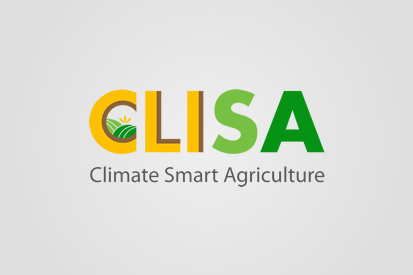
The following projects will be carried out under this research theme:
Financing Climate Smart Agriculture: It has become necessary to explicitly incorporate projections of future impacts of climate change into today’s investment planning. Integrating adaptation to existing and future threats posed by climate change into current agricultural planning and investment is essential for reducing vulnerability to the impact of climate change and the costs of dealing with these impacts. It is also essential to identify and account for mitigation potential. This project aims to carry out a comparative study on the existing financing and insurance policies and strategies in the broad area of climate change and provide a suite of recommendations towards the financial investments for climate smart agriculture in the context of Canada. The focus of this project will be on the near-term (next 20-30 years) as this is the critical window of opportunity to transform agricultural systems. A framework for carbon credit market assessment will be developed to explore additional revenues for farmers. Given that a significant portion of fresh vegetables and fruits is supplied through imports, the environmental footprint of food imports and the related trade polices will also be studied. This project will help CLISA trainees better understand how climate change affects agricultural development and investment needs to support food security, poverty reduction, and economic growth.
Policy Framework for Climate Smart Agriculture: The main requirements for a policy environment capable of promoting climate smart agriculture are greater coherence, coordination, and integration between climate change, agricultural development, and food security policy processes. This project aims to develop an effective policy framework to help mainstream climate smart agriculture into core government programs, based on some ongoing climate-resilient long-term visions, such as National Adaptation Programmes of Action (NAPAs), National Appropriate Mitigation Actions (NAMAs), and United Nations Framework Convention on Climate Change (UNFCCC) National Communications. Through the collaboration with the Faculty of Indigenous Knowledge, Education, Research, and Applied Studies at UPEI, the roles, responsibilities, and capabilities of Indigenous peoples will also be studied to ensure that they all have access to and benefit from climate smart agriculture practices and policies. The expected outcomes will enable provincial and local governments to design and implement effective policies to support the implementation of climate smart agriculture. Through this project, the CLISA trainees are expected to gain experiences in climate policy development through interviews and surveys with local governments and stakeholders.

CLISA is the first multi-institutional training program in Canada towards climate smart agriculture to help address the need for HQPs who possess appropriate knowledge and expertise in climate change, precision agriculture, water and soil management, sustainable food production and food value chains, and climate-smart financing and policies to promote the development and application of innovative technologies and strategies in Canadian farming practices.